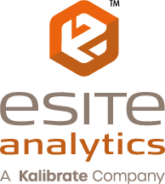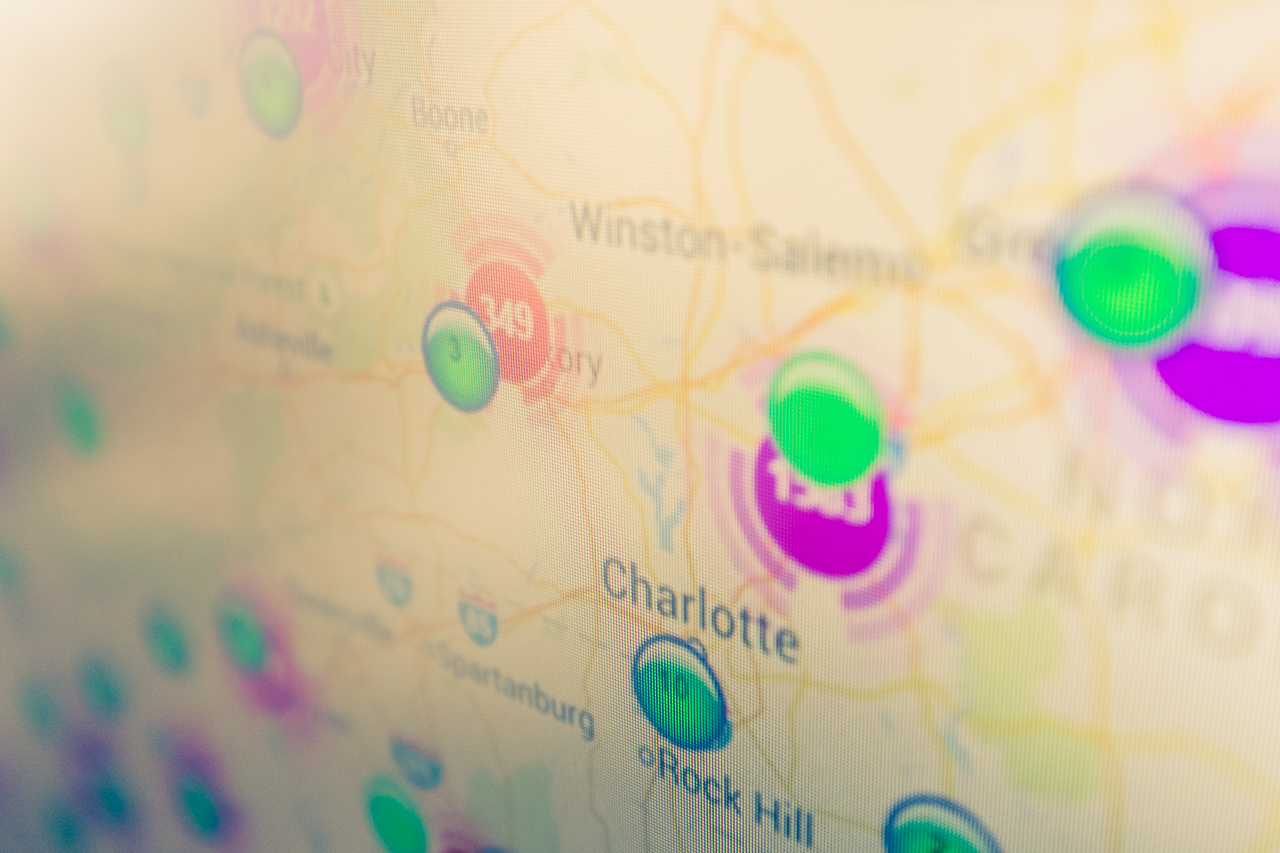Not sure what to make of spatial data? Trying to figure out the difference between trade areas and traffic trade areas? Use our guide! We’ve put together glossary of often-used terminology to help you quickly get up to speed with the language of location analytics:
Business Analytics
- Methods and techniques used to analyze any kind of business performance or influence.
Synonyms: predictive analytics, business intelligence
Clustering
- Classifications based on a site’s proximity to competitors, demographics, psychographics and other location-specific factors.
- A method used to analyze communities and competitors.
Drive Time
- A technique for creating trade areas based on speed profiles and generic numbers of miles driven by customers who live around a site.
GPS Driving Data
- Highly detailed records of anonymous data collected from GPS devices to reveal actual driving patterns.
- Customer data that reveals generalized origin and destination information for consumer trips while incorporating extreme personal privacy protections.
Synonyms: GPS data, driver demographics
Layering
- Displaying combinations of data on a map for visual analysis.
Lifestyle Segmentation
- Segmenting household-level customer data by demographic traits, spending behaviors, lifestyle habits and other factors.
- The process of classifying customers in groups so a business can anticipate behaviors and analyze markets more precisely.
Synonyms: Customer profiles, customer personas
Mapping
- Geographic context for where stores are and should be, based largely on lifestyle segmentations and local infrastructure.
- The framework for spatial analysis.
Synonyms: geospatial intelligence
Marketing Analytics
- Using spatial data and GPS driving data to put customers’ needs at the center of highly targeted marketing campaigns.
- Analysis of detailed data to measure performance and identify opportunities for increasing conversions.
Modeling
- A forecasting process that enables companies to see which methods, sites or solutions score well against a “model” based on various influences—both positive and negative.
- A method for predicting the best possible outcomes on future store performance, marketing, site selection, staffing and other business factors.
Synonyms: predictive modeling
Omni-Channel Retailing
- A mix of physical store locations, online stores and mobile retail experiences.
- Incorporating a variety of marketing channels and retail locations to enhance the shopper experience.
Synonyms: multi-channel retailing
Retail Optimization
- A process used to identify the most promising, lowest-risk opportunities in site selection, market planning, advertising and more.
Predictive Analytics
- Extracting data to identify patterns and predict future outcomes.
Synonyms: business analytics, business intelligence
Radius Rings
- Concentric circles based solely on distance
- Analytics tool that does not factor in considerations such as rush hours, medians or traffic densities.
Showrooming
- The practice of visiting stores to examine products before purchasing them online.
- The opposite of webrooming.
Spatial Analysis
- The process of evaluating stores, cotenants, competitors and customers based on location.
- Turning raw spatial data into meaningful, actionable customer insights.
Synonyms: location analytics
Spatial Data
- Customer data that factors in locational elements like mailing addresses, zip codes, and proximity to competitors.
Synonyms: location data
Trade Areas
- The geographic regions from which a company generates the majority of its customers.
Traffic Trade Areas
- Trade areas based on actual trip and traffic driving data
- Trade areas that factor in time and day variances such as morning rush hour.
Webrooming
- The practice of researching products online before visiting local stores to purchase them.
- The opposite of showrooming.

